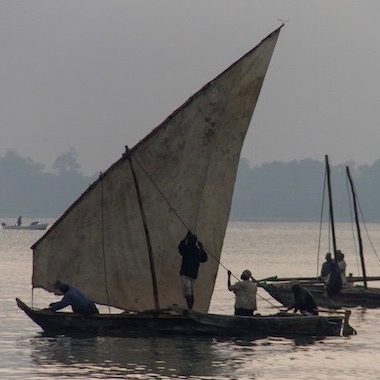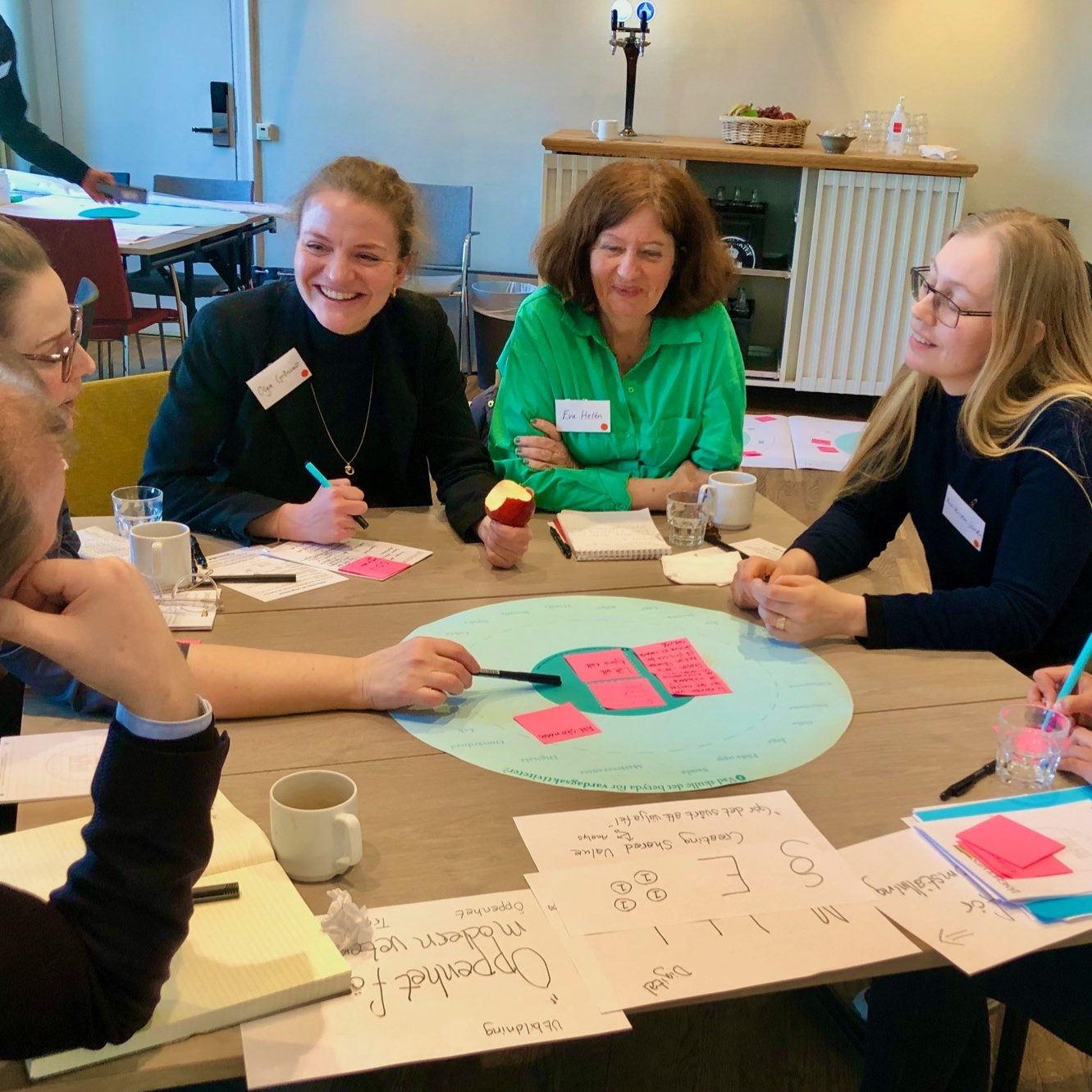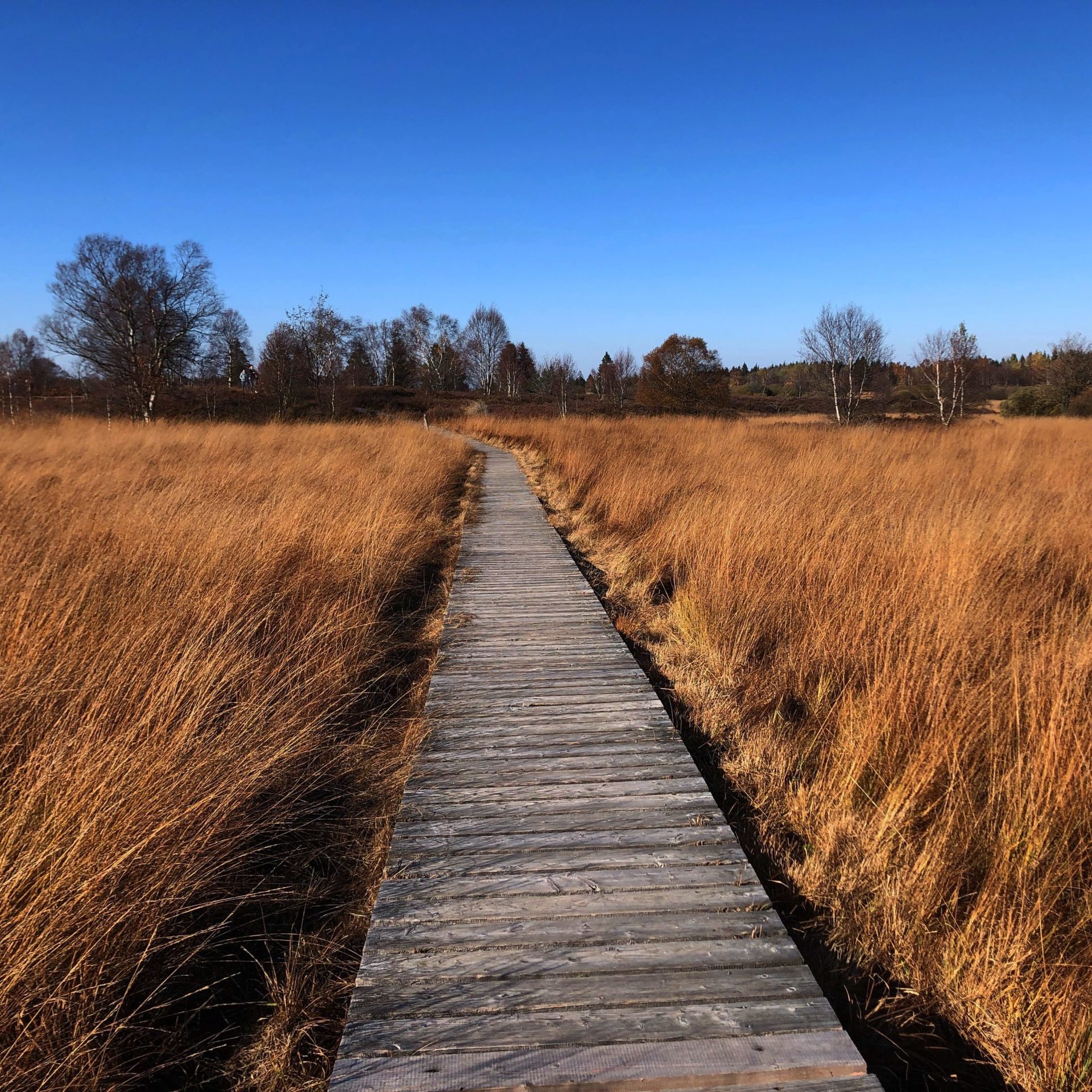Social-ecological resilience across cases
This working group compares social-ecological resilience outcomes across case-studies and explores the underlying factors.
Social-ecological resilience represents a vital precondition of sustainability in the constantly changing and uncertain conditions of today’s world. Resilient social-ecological systems (SES) have the capacity to adapt to change and to utilize new opportunities emerging from changing conditions. However, which features are the most influential for building social-ecological resilience?
While the theory of social-ecological resilience has been gradually developing in the past two decades, practical examinations of the specific features building social-ecological resilience have been scarce so far. The aim of this research group thus is to apply resilience theory on an array of place-based case studies and assess specific features of complex social-ecological systems that enhance systems’ resilience and transformative potential.
We focus on small-scale fisheries (SSF) as representative examples of local- to regional-scale SES, defined around a single key natural resource and its exploitation. Building upon SSFs with well-established social-ecological research, we compare the resilience outcomes of selected SSF case studies and examine the underlying features.
Our research explores how social-ecological resilience theory and place-based research can be combined and synthesised to derive conclusions relevant at higher spatial scales, with a potential to inform strategies towards sustainability.
This working group is based at Stockholm Resilience Centre and contributes to the GRAID and PECS programmes.
For further illustration of the methodological approach, see Chapter 4 of the Arctic Resilience Report 2016.




